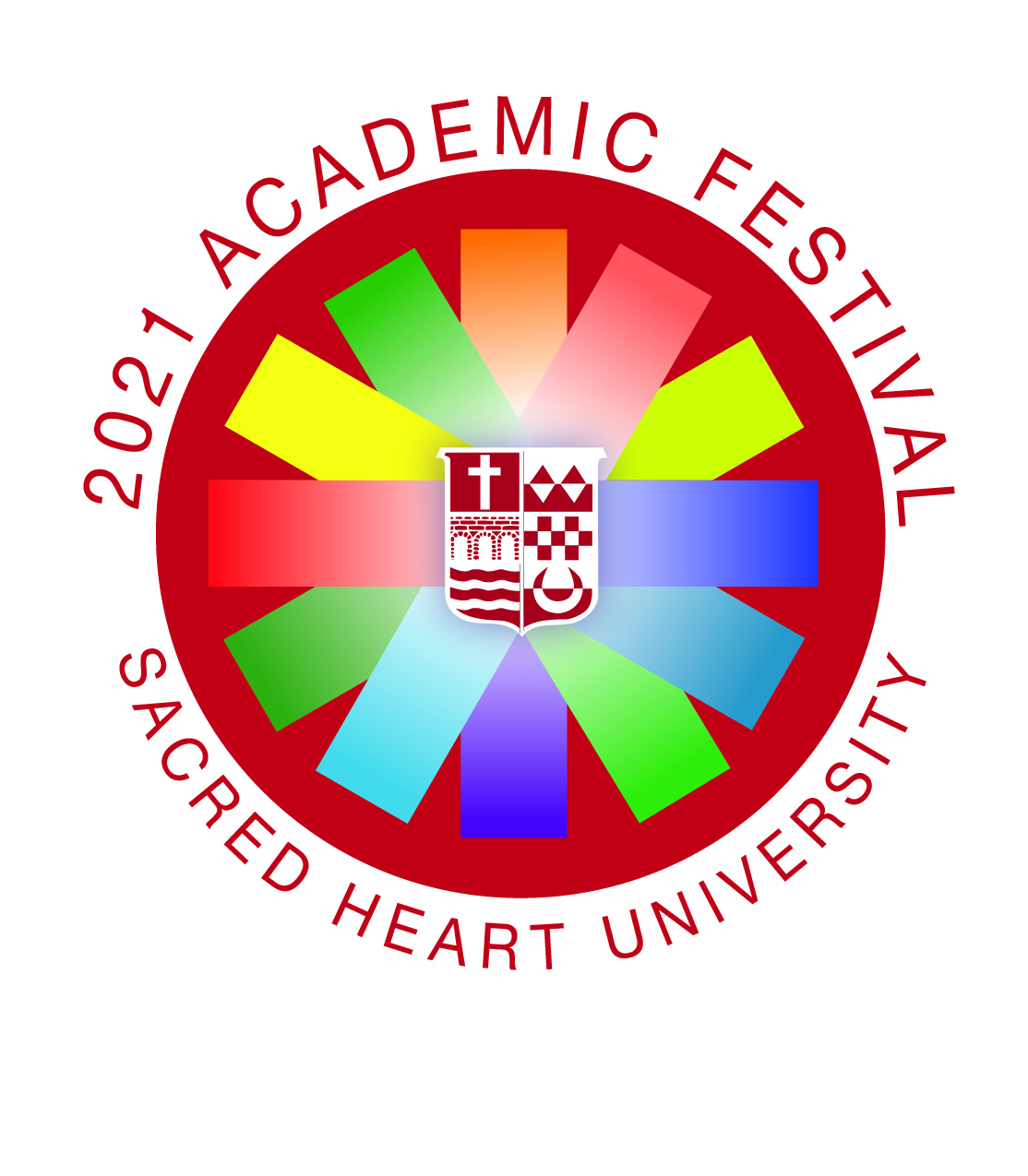Mentor/s
Dr. Amanda Moras & Dr. Mark Jareb
Participation Type
Paper Talk
Abstract
Educational experiences abroad, such as through a college or university, have an advantage–the development of cultural competence. The experiential knowledge a person can gain, as a result of such a trip, can potentially impact their own cultural understanding and behavior. Cultural competence not only embodies gaining the knowledge of cultures and differences, but developing positive attitudes towards different cultural practices and worldviews, how to go about them, as well as being aware of and challenging one’s own stance. A simpler explanation of cultural competence can be presented as the ability, but more importantly the commitment, to understand, communicate with and effectively work alongside people of diverse backgrounds.
Cultural competence, illustrated as a life skill, is vital in the workforce and desired by employers. Accordingly, it is an essential attribute when trying to meet the needs of others–customers, clients, and the like. In order to do so, a business and its members must be considerate, or learn ways to bring consideration into their performance. Accommodating, or at the minimum trying to accommodate, every individual one is working with and/or providing for demonstrates this skill of cultural competence successfully. Possessing cultural sensitivity, understanding how to communicate with different people, and being committed to improving such contact is the key to any strong partnership.
In order for an occurrence to be considered intercultural, two or more cultures are involved. Hence, traveling abroad provides opportunities to develop intercultural skills. Even with obstacles, such as a language barrier, individuals and groups have reported these experiences as worthwhile, due to how much was and can be acquired. Diverse participation moves people forward in a purposeful way through real-life relations. That being the case, placement in any contrasting environment allows a chance for the growth of cultural competence.
College and Major available
Media Arts BA, Theater Arts
Location
Digital Commons
Start Day/Time
5-5-2021 1:00 PM
End Day/Time
5-5-2021 4:00 PM
Comments
I thank Professors Amanda Moras and Mark Jareb for assisting me throughout the process. Their continuous sharing of ideas and immense support, especially during the COVID-19 pandemic, have helped elevate my work. I thank Sacred Heart University for the opportunity, and its endless amount of them. I will be forever grateful for the experiences that allowed me to grow as a student and person.
Prize Categories
Best Multidisciplinary Research or Collaboration, Most Scholarly Impact or Potential, Best Writing (formerly called the Writing Across the Curriculum prize; the final submission date to be considered for this award is Apr 1), Most Meaningful
The Development of Cultural Competence Through Educational Experiences Abroad
Digital Commons
Educational experiences abroad, such as through a college or university, have an advantage–the development of cultural competence. The experiential knowledge a person can gain, as a result of such a trip, can potentially impact their own cultural understanding and behavior. Cultural competence not only embodies gaining the knowledge of cultures and differences, but developing positive attitudes towards different cultural practices and worldviews, how to go about them, as well as being aware of and challenging one’s own stance. A simpler explanation of cultural competence can be presented as the ability, but more importantly the commitment, to understand, communicate with and effectively work alongside people of diverse backgrounds.
Cultural competence, illustrated as a life skill, is vital in the workforce and desired by employers. Accordingly, it is an essential attribute when trying to meet the needs of others–customers, clients, and the like. In order to do so, a business and its members must be considerate, or learn ways to bring consideration into their performance. Accommodating, or at the minimum trying to accommodate, every individual one is working with and/or providing for demonstrates this skill of cultural competence successfully. Possessing cultural sensitivity, understanding how to communicate with different people, and being committed to improving such contact is the key to any strong partnership.
In order for an occurrence to be considered intercultural, two or more cultures are involved. Hence, traveling abroad provides opportunities to develop intercultural skills. Even with obstacles, such as a language barrier, individuals and groups have reported these experiences as worthwhile, due to how much was and can be acquired. Diverse participation moves people forward in a purposeful way through real-life relations. That being the case, placement in any contrasting environment allows a chance for the growth of cultural competence.



Students' Information
Justyna Jablonska '21: Media Arts (Film/TV/Media concentration) & Theatre Arts (Musical Theatre concentration) double major, Honors minor